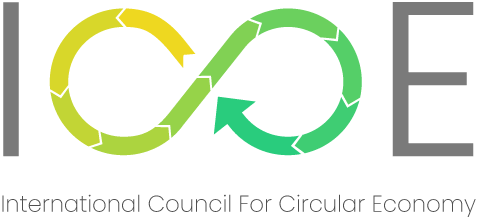ICCE Partners with Government of Haryana to Organise ICEF2025 — India’s First State-Sponsored Circular Economy Forum
ICCE hosts 4th edition of India Circular Economy Forum August | 2025 The International Council for Circular Economy (ICCE) is proud to announce its strategic partnership with the Government of Haryana to organise the India Circular Economy Forum (ICEF2025) — a landmark milestone in India’s sustainability journey and the first state-sponsored circular economy forum in …
